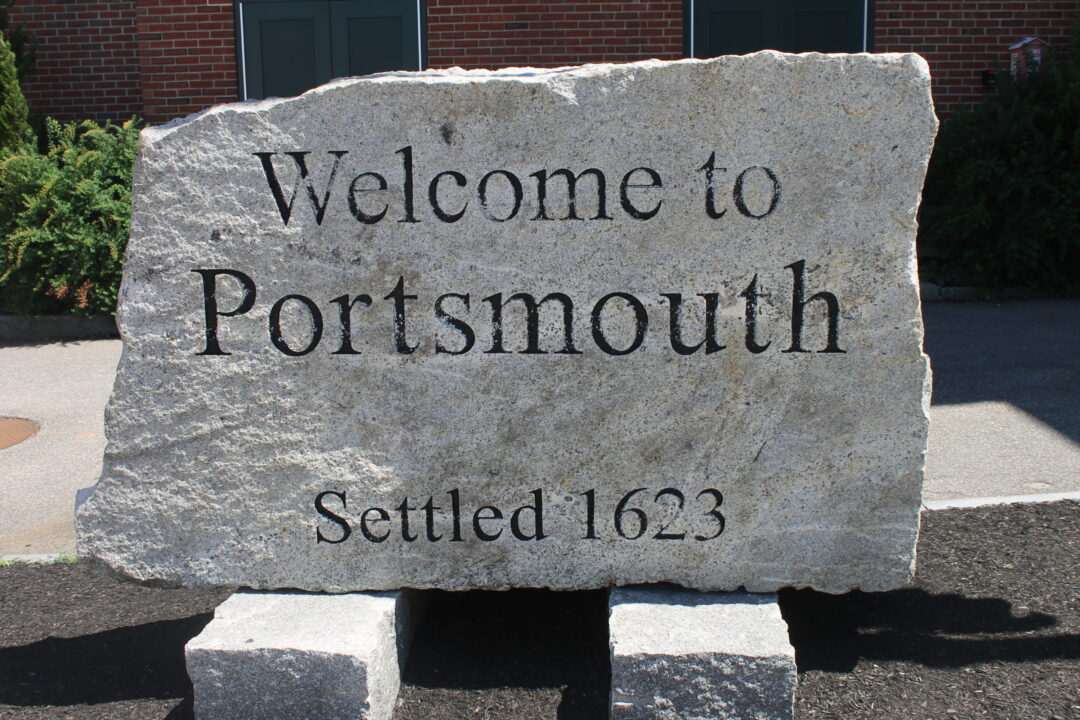Portsmouth’s City Council approved a mask mandate on a 7-2 vote last week. The city had fewer than five known active coronavirus infections the day the ordinance passed, meaning more councilors voted for the ordinance than there were active cases in the city, NH Journal pointed out.
The city still has fewer than five known active cases. Manchester aldermen are considering a mandate that would carry an absurd $1,000 fine.
City Health Department Director Anna Thomas told aldermen the point of the ordinance would be to educate the public about the importance of wearing masks.
No, the purpose of a public relations campaign is to educate. The purpose of a mandate is to force compliance. The purpose of a fine is to punish.
Manchester Community College charges only $215 per credit. For $1,000, you could take a course in the Health Sciences curriculum, say, Probability & Statistics, learn more about the value of mask wearing, and still have $140 left over.
Manchester’s COVID-19 dashboard, as of Friday, Sept. 25, shows only 39 known active infections recorded in the city of 110,000 people. Most of those infections are in people who live outside the city. Manchester has only six active in-patient hospitalizations. Not one of them is a city resident, according to the city’s own data.
This is hardly the basis for an ordinance compelling mask wearing on penalty of a $1,000 fine.
Last month, Hanover, Lebanon and Enfield passed mask mandates, as did Durham, despite having few recorded infections. Nashua, the first N.H. municipality to pass a mandate, last week updated it to require that businesses refuse to serve customers who aren’t wearing masks.
The new language forces employees to confront customers, even if no one else is in the business, and even if the employee is a teenager who might not have the training or confidence to engage in such a confrontation.
After months of declining infections, hospitalizations and deaths, the urge to impose mandates on the population is growing rather than shrinking. Municipalities are pushing forward with new or expanded mandates even when presented with evidence that the large majority of people already wear masks.
Nationally, 85% of Americans say they regularly wear masks when in stores or other businesses. A casual walk in downtown Manchester or a trip to any area supermarket is evidence that most people already wear masks when outside the house.
The new municipal mandates typically require that masks be worn within six feet of someone else. Yet the World Health Organization recommends maintaining one meter (three feet) of distance. The British Medical Journal has suggested basing distancing on level of risk, with outdoor, less congested places needing smaller distance requirements. But municipalities are acting as if six feet of separation is an unbreakable law of science that is universally applicable to all situations. It isn’t.
Mandates are blunt instruments. They don’t allow for nuance or for in-the-moment decision-making. And they explicitly preclude people from using their own judgment in any circumstances.
With a mandate, individuals, not trusted to make a good decision at any time, have their judgment entirely replaced by the judgment of elected officials.
And so we have Granite Staters being subject to fines for not maintaining twice the WHO’s recommended distance, even when outside in non-congested spaces where the risk of spread is low.
The state confirmed on Thursday that only one case of COVID-19 has been linked to Bike Week, and not a single case has been linked to any other large, outdoor gathering, including two Trump rallies and a NASCAR race. Multiple Black Lives Matter protests did not cause an infection surge in New Hampshire. But the public is supposed to believe that two individuals passing on a sidewalk within five feet, 11 inches of each other is a public health emergency?
The Josiah Bartlett Center has, from the start, recommended voluntary mask wearing based on the strong evidence that it reduces the spread of the coronavirus. We also recommended a state public relations campaign to encourage mask wearing.
Mandates, however, are not the same as education. Education informs, but does not compel. A mandate compels. It is an extraordinary measure to be reserved for the most extraordinary emergencies. Subjecting American citizens to fines as a means of “educating” them is an abuse of government power.
The coercive power of government is not a tool with which to fine tune people’s sensibilities. It is a last resort to be deployed when all other options are exhausted and the consequences of inaction are most dire.
Too many elected officials consider their temporary access to the levers of power an entitlement that permits them to replace others’ judgment with their own, whenever they feel like it.
